Hair loss is a common concern for many individuals, impacting both men and women of various ages. Amidst the multitude of treatments and supplements marketed for hair health, biotin has emerged as a popular option. But what exactly is biotin, and how does it relate to hair loss? Let’s delve into the science behind biotin and its potential role in addressing hair loss.
Understanding Biotin:
Biotin, also known as vitamin B7 or vitamin H, is a water-soluble B-complex vitamin that plays a crucial role in various bodily functions, including metabolism, cell growth, and the production of fatty acids. It is an essential cofactor for several enzymes involved in carbohydrate, fat, and protein metabolism.
Biotin and Hair Health:
The relationship between biotin and hair health has garnered significant attention, particularly in the context of hair loss. Hair follicles require a constant supply of nutrients to support healthy growth, and deficiencies in key vitamins and minerals can contribute to hair thinning and loss.
Biotin is believed to promote hair growth and overall hair health through its involvement in keratin production. Keratin is a fibrous protein that forms the structural foundation of hair, skin, and nails. Since biotin is essential for keratin synthesis, adequate levels of this vitamin are crucial for maintaining strong, resilient hair strands.
The Evidence:
While anecdotal reports and marketing claims often tout the benefits of biotin for hair growth, scientific evidence supporting its efficacy in treating hair loss is somewhat limited. Several small-scale studies and case reports have suggested a potential link between biotin deficiency and hair loss. However, larger clinical trials are needed to establish a definitive connection and determine the optimal dosage and treatment duration.
One study published in the Journal of Clinical and Aesthetic Dermatology found that supplementation with biotin, along with other vitamins and minerals, led to significant improvements in hair growth and thickness among women with thinning hair. However, more research is needed to confirm these findings and elucidate the mechanisms underlying biotin’s effects on hair health.
Biotin Deficiency and Hair Loss:
Biotin deficiency is rare but can occur in individuals with certain underlying medical conditions or dietary restrictions. Symptoms of biotin deficiency may include hair loss, along with skin rashes, brittle nails, and neurological symptoms such as depression and fatigue.
In cases where hair loss is attributed to biotin deficiency, supplementation with biotin may help restore hair growth and reverse the associated symptoms. However, it’s essential to consult with a healthcare professional before starting any supplementation regimen, as excessive intake of biotin or other vitamins can have adverse effects.
Conclusion:
Biotin is an essential nutrient that plays a vital role in maintaining healthy hair, skin, and nails. While biotin supplementation may benefit individuals with biotin deficiency-related hair loss, more research is needed to fully understand its efficacy in treating other forms of hair loss. Additionally, addressing underlying factors contributing to hair loss is key for achieving optimal outcomes in hair restoration and maintenance.

